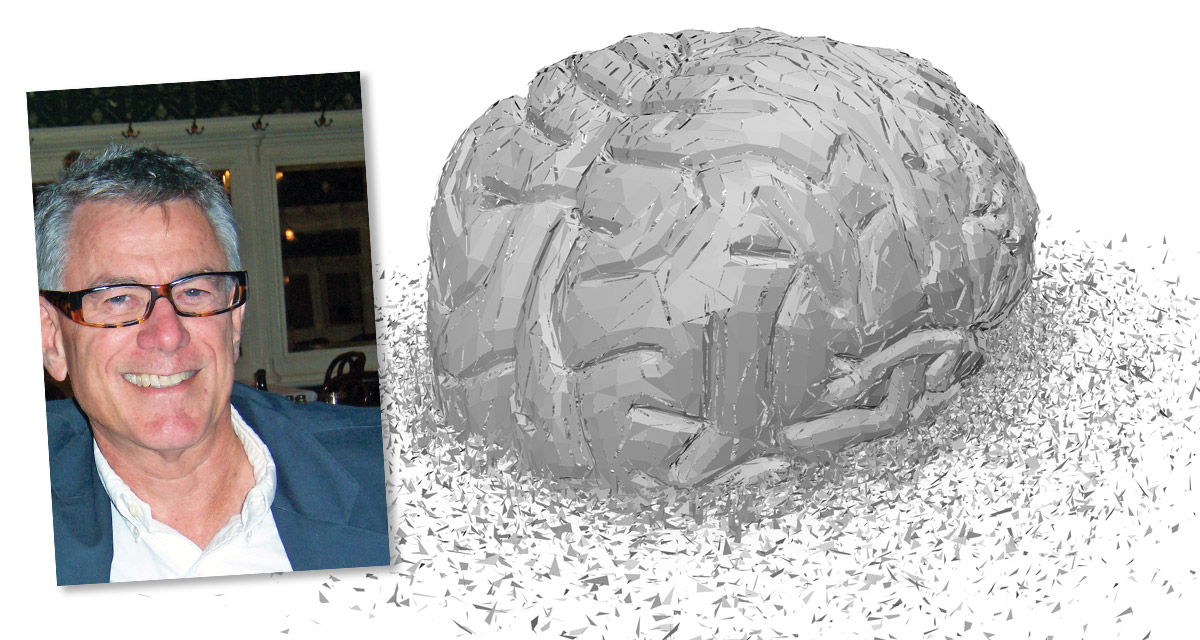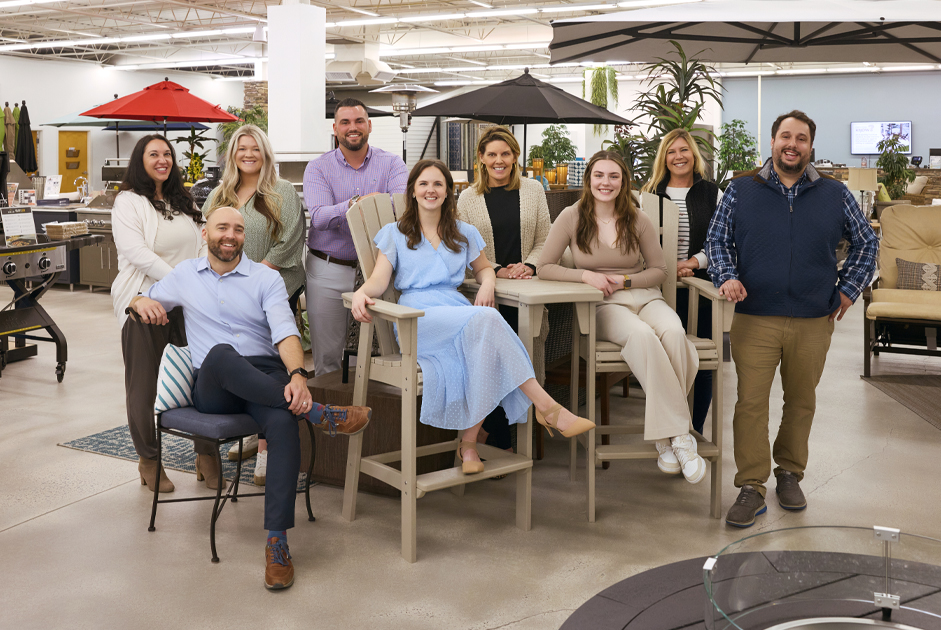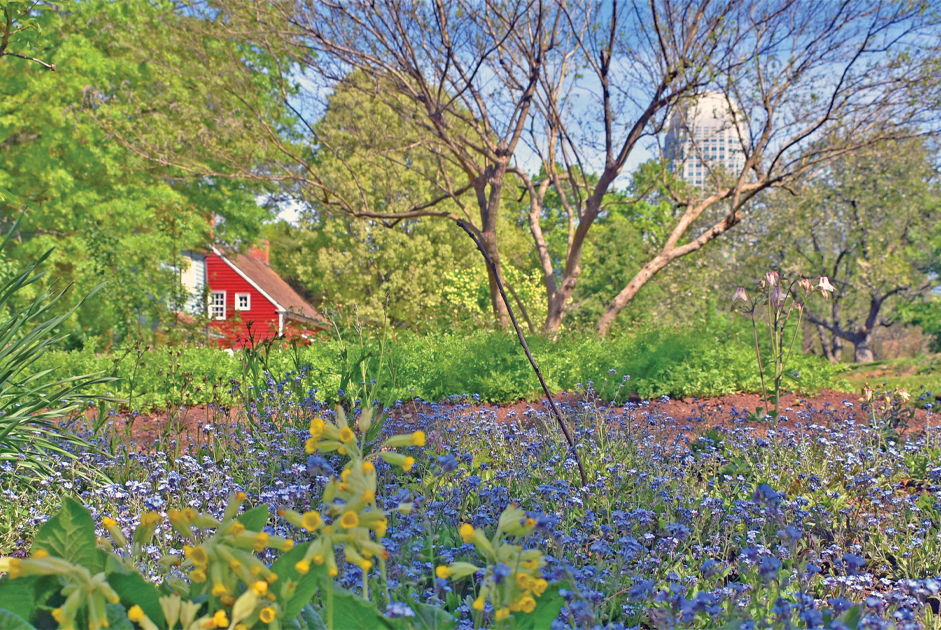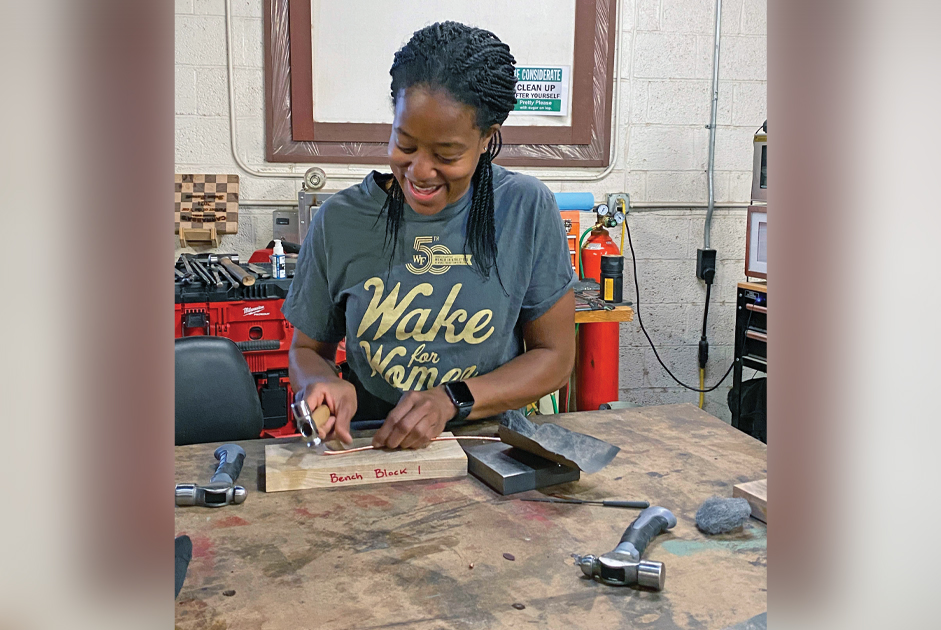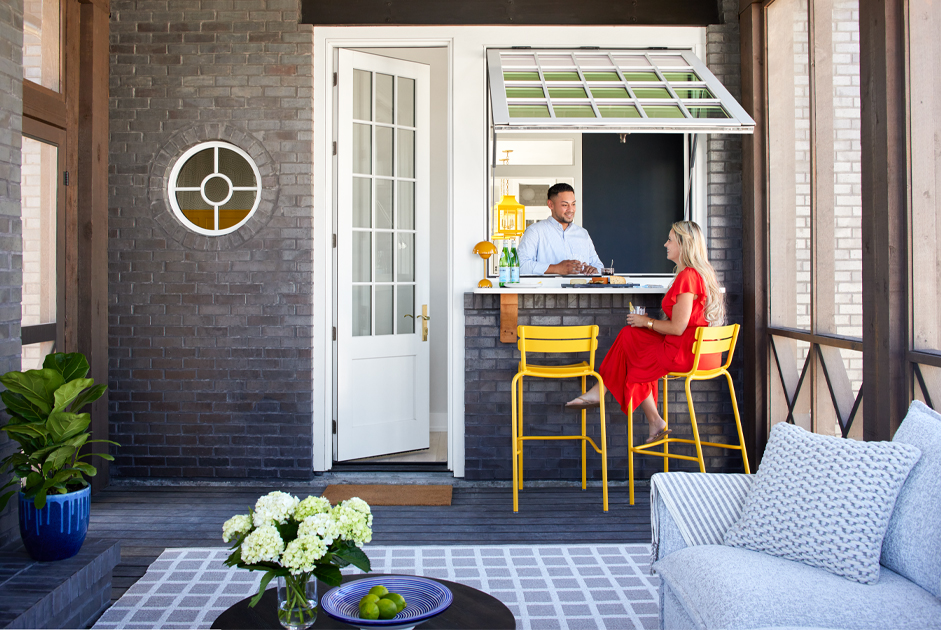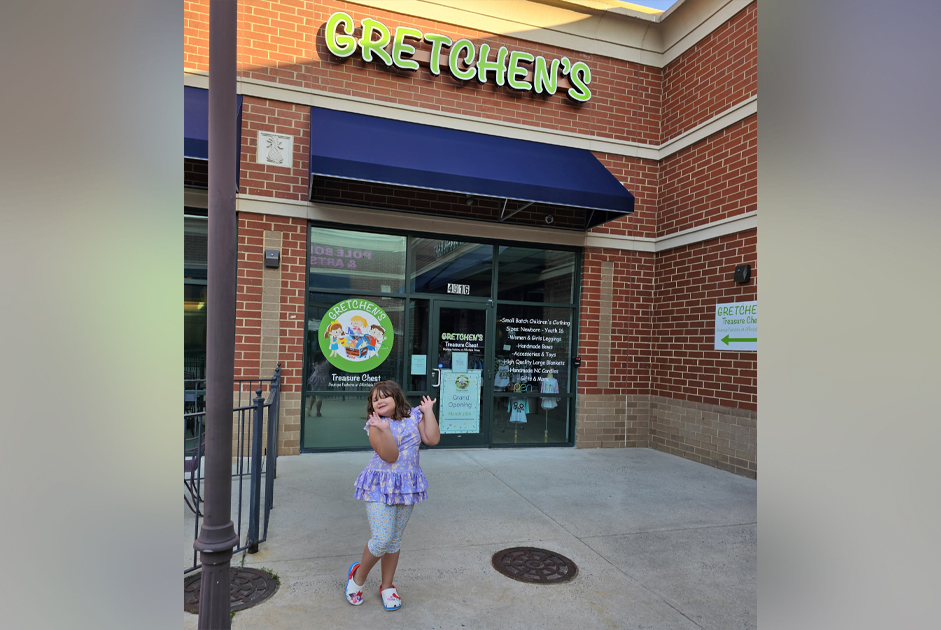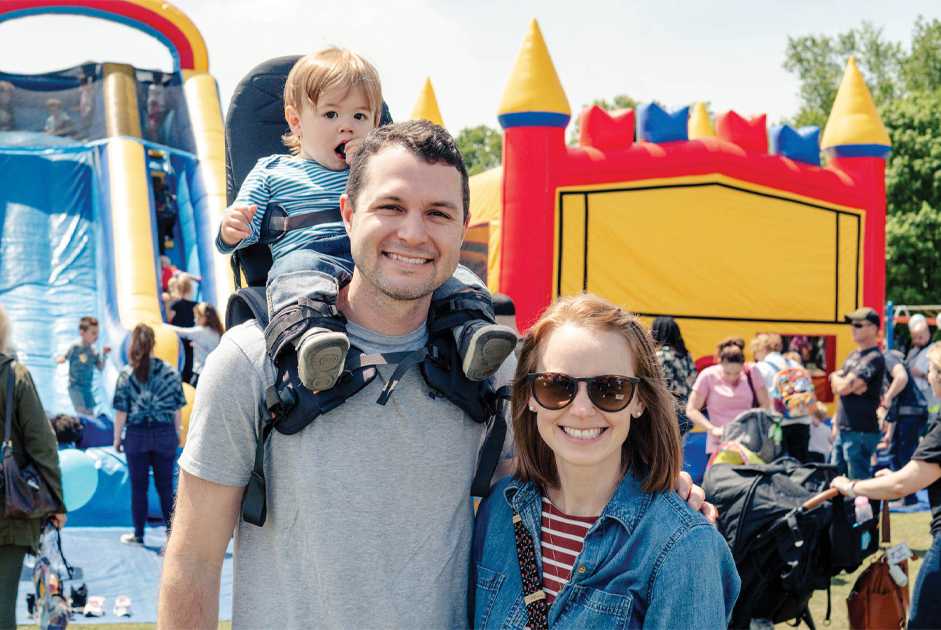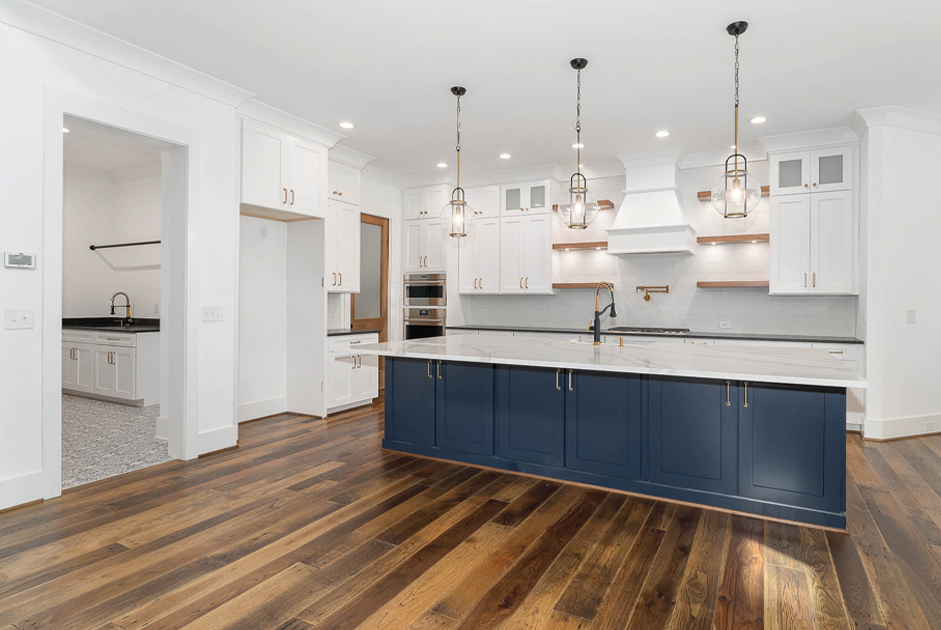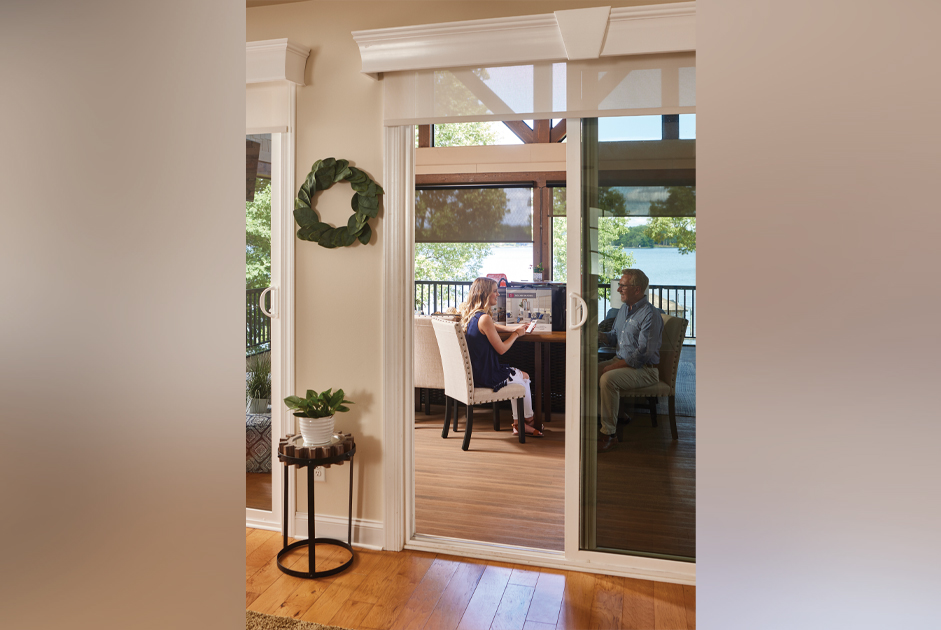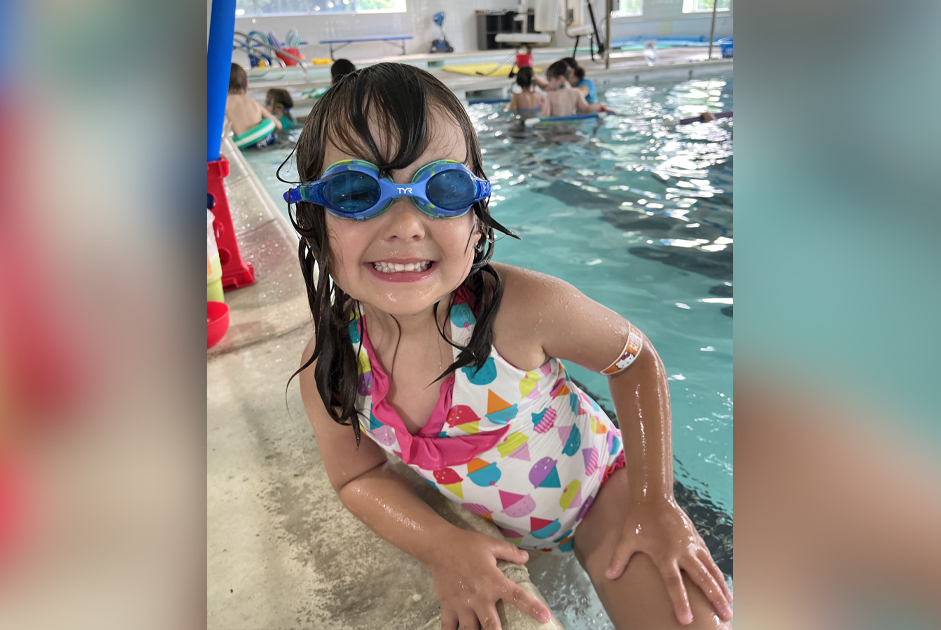Denzil Strickland is a brain-injury survivor on a mission. He has first-hand knowledge of what a brain injury can do to a person and what recovery looks and feels like. Armed with his experiences and understanding, Denzil has set-up a support group open to other brain- injury survivors.
HIS STORY
In December 2004, Denzil suffered a brain aneurysm. He spent two weeks in intensive care, followed by a difficult recovery period of approximately two years. “It was an almost seven-year process to get back to where I felt I was before the brain aneurysm. Recovery is a lifelong process,” Denzil explained.
Denzil’s professional career is in advertising. In addition, he’s also a published author, currently working on his second novel. Although he remains involved in advertising and writing, he views the nurturing and continued expansion of the Brain Injury Survivors group as his life’s work. “We had three people at our first meeting, four at the second, and now our average attendance is about twelve. Considering that we just started meeting in January 2018, and are still letting the community know about this group, the growth rate is encouraging.”
MEETING INFORMATION
The Brain Injury Survivors group meets the second Monday of each month at St. Timothy’s Episcopal Church (2575 Parkway Drive) in Winston-Salem. The overall purpose of the meetings is to provide mutual support and a forum for those at varying levels of recovery to share and offer encouragement. Denzil stressed, “This group does not have any medical background, and we are not competing with other support groups; we see ourselves as more of the ‘parking lot conversations after a meeting.’ While there is a structure to the meetings, the intent is to get together with others who have something in common, so that discussions do not require so much explanation. The members get what others are saying.”
Realizing that only another brain-injury survivor knows what it’s like to endure and strive for recovery is the point of the meetings. Initially, some new members have difficulty even talking about their injuries. The survivors attending the meetings sustained their injuries in a number of ways; some occurred from strokes, concussions, aneurysms, or traumatic brain injuries. Every injury is different, and symptoms may manifest themselves differently, depending on the point of injury. Feeling free to talk, interact, and discuss with those in similar circumstances is empowering.
Early in the recovery process, most find they can’t do what they used to and may become depressed, experience anger issues, frustration, lack of mobility, physical manifestations, inability to focus or have memory issues. Hearing others share those feelings and that improvement may be slow but steady over time provides encouragement. Denzil sees these sessions as building relationships outside the scope of meetings for additional support. “Positive thinking is important to recovery. Don’t limit yourself to what you’ve been told you can do. Try and push forward and don’t let others determine your boundaries,” explained Denzil.
HOW THE GROUP WORKS
Each session is for an hour and a half. Check the website for any schedule changes during the holiday period and for information about new groups forming in other parts of the area.
Every session has a specific topic for discussions, such as nutrition, sleep issues, meditation/quiet time, the need for exercise, and patience in allowing the time for healing. “Typically, we spend around 20 minutes on the planned topic,” explained Denzil, who acts as the group moderator. “The remainder of the meeting is devoted to sharing. New members introduce themselves, and other members may share experiences. Caregivers are also welcome to attend.”
Basic guidelines include using first names only, keeping all discussions confidential, and letting everyone get a chance to speak. Cooperation within the group is key to its success.
HOW TO JOIN THE GROUP
Joining Brain Injury Survivors is easy. After potential members make their interest known via phone (336.705.7795) or e-mail (braininjurysurvivors@yahoo.com), Denzil contacts each of them and explains the logistics of when and where the meetings are held. Currently, members attend from Forsyth County, Lexington, Lewisville, and Greensboro. Plans are underway to expand the meetings to other areas.
CONTACT INFORMATION
For additional information, contact Denzil via phone at 336.705.7795, via e-mail at braininjurysurvivors@yahoo.com, or visit their website (Braininjorysurvivors.net). Support through common experiences is important. Talking with someone who understands personally what you have gone through can be a cathartic experience.

